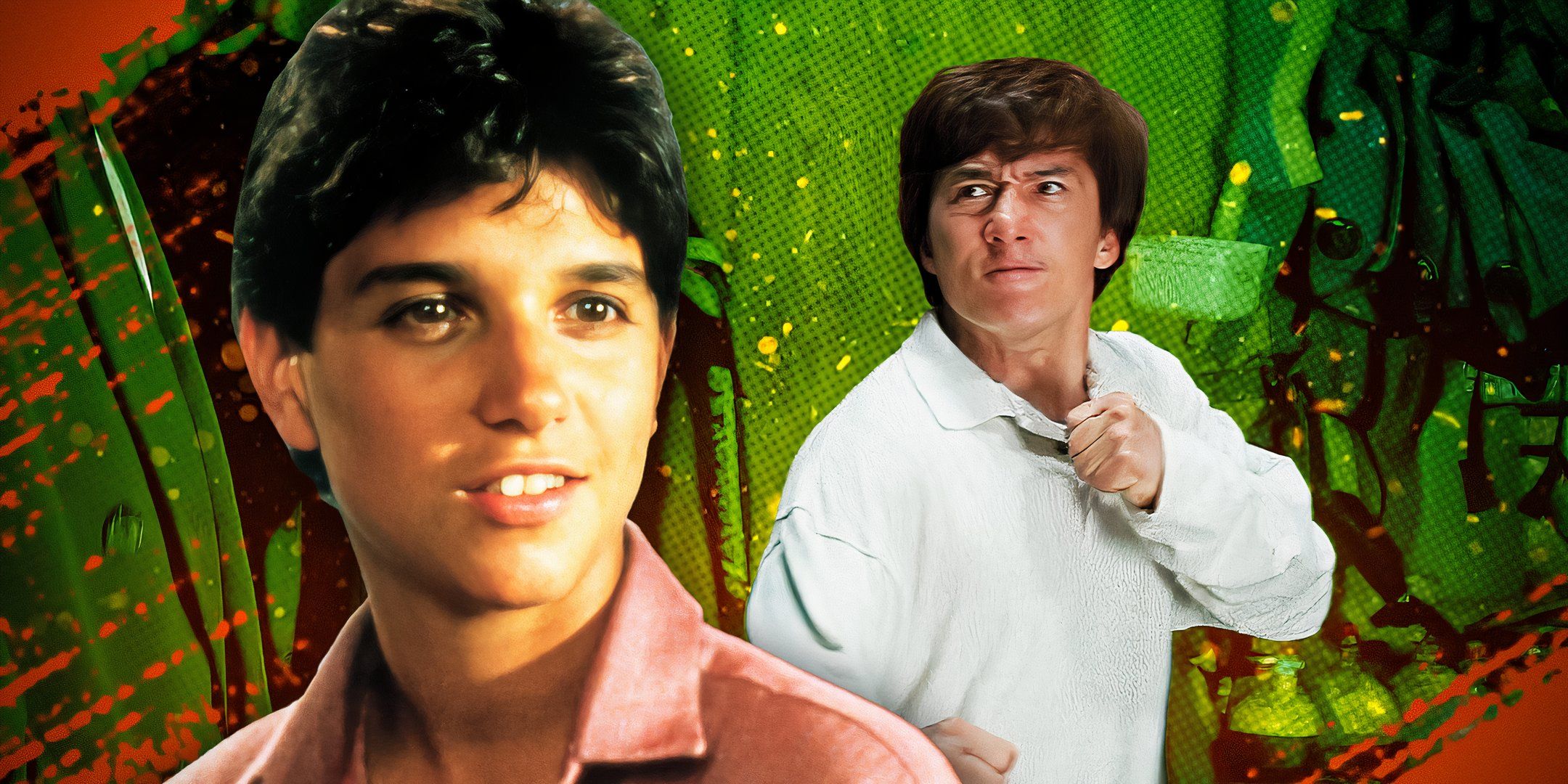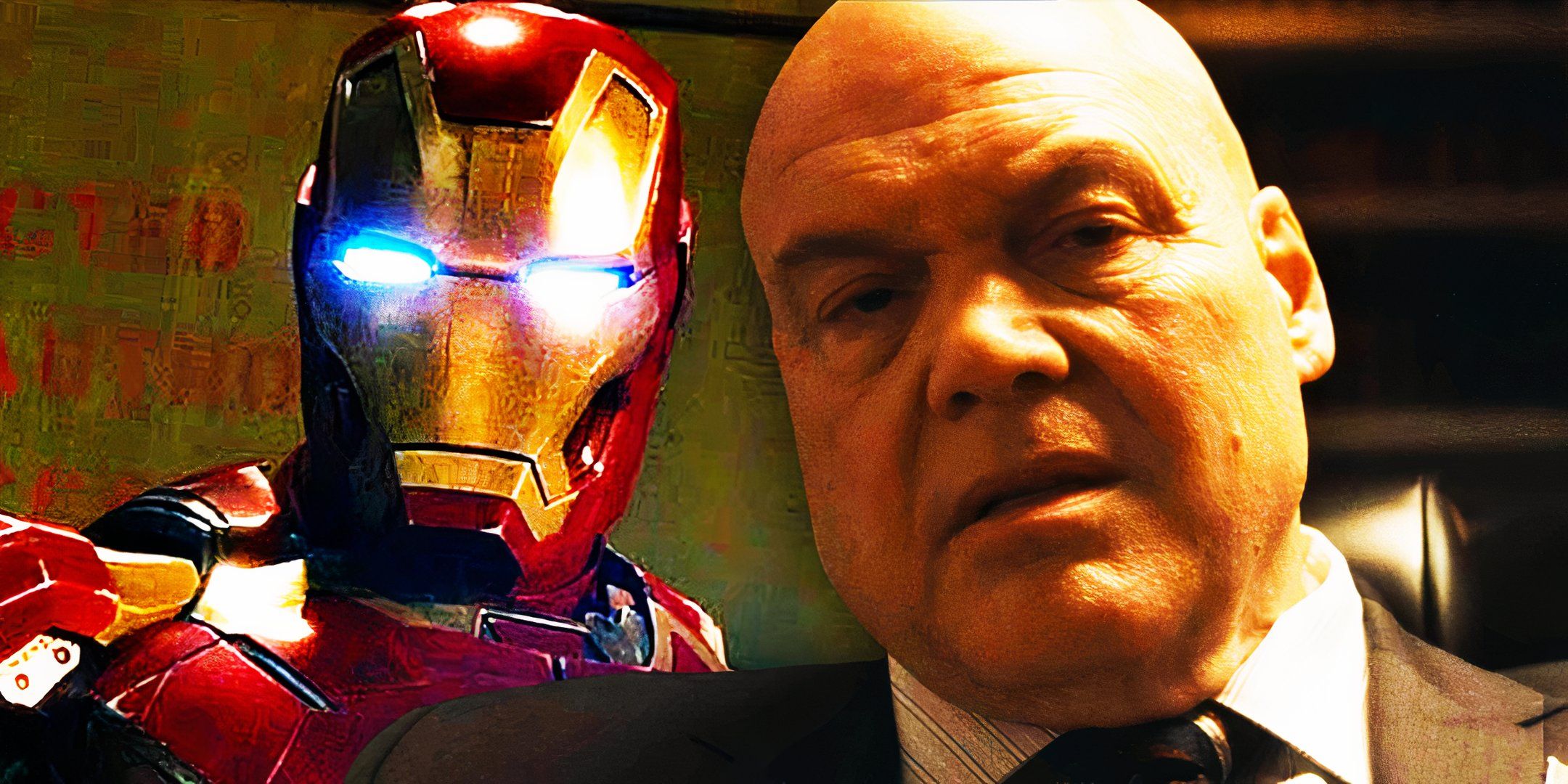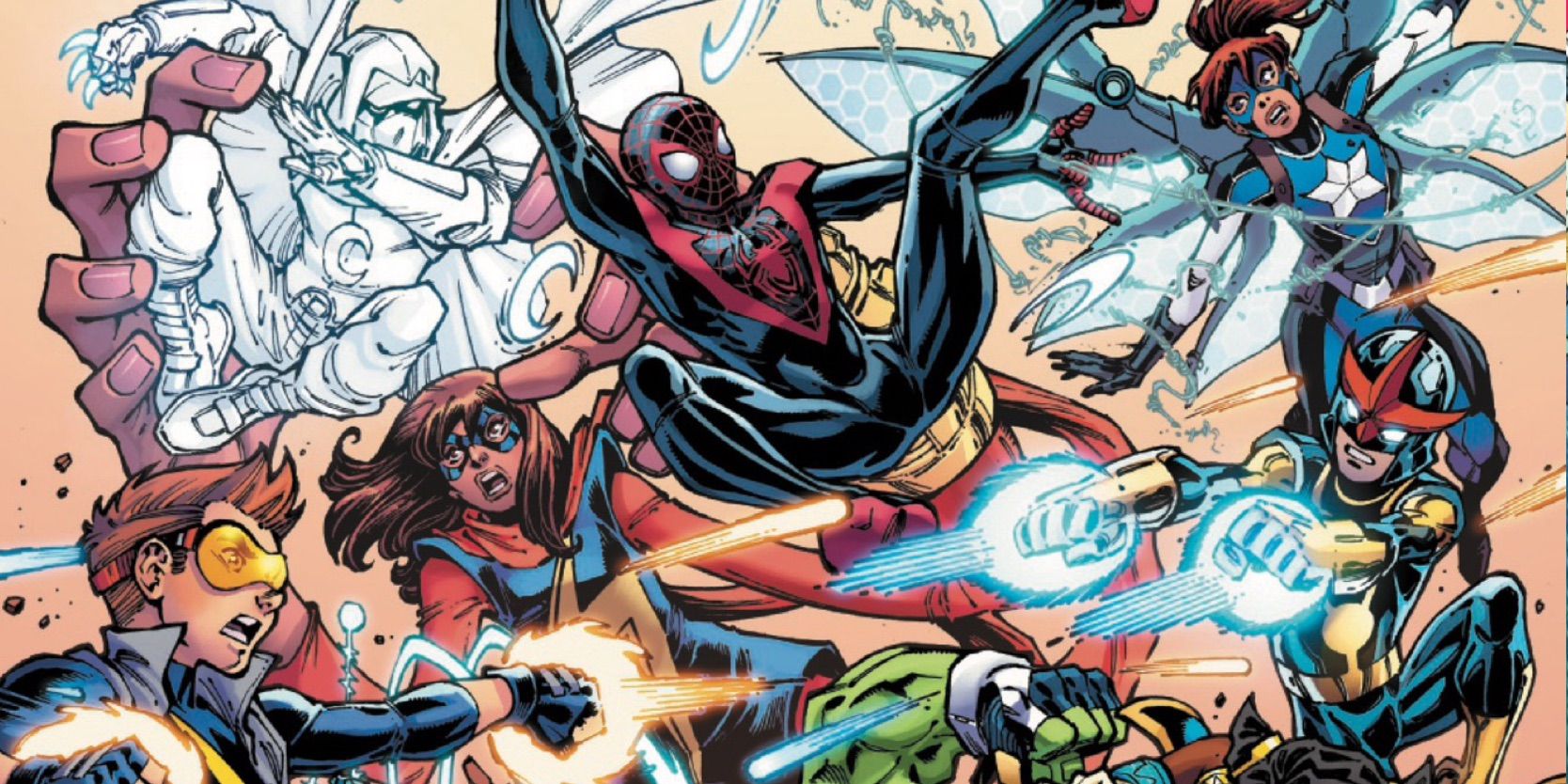10 Most Underrated Martial Arts Movies That Don't Get Enough Love
The martial arts subgenre is packed, making it easy for some films to undeservedly be given less love or attention. Often, the films lost in the mix are those that don't have notable stars or a lasting impact behind them. Audiences are likely to prioritize films with the biggest martial artists over films starring lesser-known action movie stars, like One-Armed Boxer or The City of Violence. However, these films have just as thrilling action sequences as the more well-known martial arts movies and are deserving of praise.
Brushed aside sequels and movies led by actors who have yet to be established are just a few examples of overlooked martial arts films over the years. The release of martial arts films spans several decades and regions across the world, meaning there is almost always a new, underrated martial arts film waiting to be appreciated by audiences.
10 Showdown (1993)
Directed by Robert Radler
There are many similarities between The Karate Kid and Showdown, such as the relationship between Billy Blanks and Kenn Scott mirroring that of Pat Morita and Ralph Macchio. Still, there's just enough to separate the early '90s film and make it worthy of more appreciation. Showdown follows Blanks' character, a school janitor, and his efforts to turn the new student (Scott) into a martial arts prodigy to better defend himself from bullies.
Showdown has all the makings of a beloved action film of the '90s with cheesy dialogue and memorable training sequences. In spite of its derived elements, Showdown has a lot of heart. The journey of Scott's character is inspiring and there's a compelling on-screen chemistry between him and Blanks.
9 One-Armed Boxer (1972)
Directed by Jimmy Wang Yu
In the late '60s, The One-Armed Swordsman, from the Shaw Brothers Studio, introduced the idea of a male anti-hero in wuxia films with a penchant for bloody fights against others. Jimmy Wang Yu played the titular character in The One-Armed Swordsman, and just a few years later the martial artist would play a similar character in an underrated film of his own, the similarly titled One-Armed Boxer.
Though the films have no connection to one another in terms of their plot, both films see Wang Yu fully committed to the role of the one-armed fighter by keeping his arm strapped to his back in fight scenes. One-Armed Boxer follows Wang Yu's Tien, a skilled martial artist out for revenge against those who targeted his martial arts school. Like many of the best martial arts films, One-Armed Boxer has a balance of humor and action that makes for an all-around entertaining watch.
8 Royal Warriors (1986)
Directed by David Chung
In the Line of Duty is a series of action-packed martial arts films that began with Yes, Madam! in the mid-'80s. The film is known best for featuring Michelle Yeoh in her first leading role. Therefore, the following film, Royal Warriors, tends to be a bit more overlooked. Yeoh returns to the film and teams up with an Interpol agent (Hiroyuki Sanada) and an airport security guard (Michael Wong) to foil the plans of hijackers mid-flight.
Royal Warriors has one of Yeoh's best martial arts fight scenes. The level of chaos and brutality throughout the film is unlike anything else. However, the action is still structured and allows for the film's stars to show off their skills. Balancing the nonstop action is a side romance plot involving Yeoh and Wong's characters, though it doesn't always work with the overall tone of the film.
7 Chocolate (2008)
Directed by Prachya Pinkaew
From Thailand comes the martial arts film Chocolate, which features inspiring fight choreography by Panna Rittikrai, the choreographer best known for his work in Ong-Bak: Muay Thai Warrior. Chocolate's lead, Yanin "Jeeja" Vismistananda, makes her film debut as Zen, an autistic martial artist who has superhuman reflexes that allow her to save her mother when she's taken by an infamous gangster.
While it isn't as old as other martial arts films mentioned, Chocolate does have an outdated handling of the subject of autism. Still, like Ong-Bak: Muay Thai Warrior, the strongest elements of Chocolate are its action scenes. These scenes easily grab hold of the audience's attention, and Vismitananda is a lead as strong as one could be. It makes audiences wish the Thai star had a lengthy filmography comparable to her peers.
6 The Fate Of Lee Khan (1973)
Directed by King Hu
The small cast and restricted setting within The Fate of Lee Khan allows for a seamless tension to build and for audiences to become invested in the relationships between its characters. The Fate of Lee Khan is directed by wuxia director King Hu, who is best known for films like The Valiant Ones and Dragon Inn. The film takes place during the end of the Yuan Dynasty and sees two opposing groups of people fighting within an inn over a crucial map.
Alternating between scenes that push forward the plot and those that are solely concerned with the fighting between characters, The Fate of Lee Khan has a favorable rhythm that keeps going until the very end. During the film's climax, the bits of mild action from earlier in the film lead to an explosive fight sequence. This scene is impressive for its choreographed movements and the way it is framed.
5 The City Of Violence (2006)
Directed by Ryoo Seung-wan
The story in The City of Violence is simple and easy to follow: an ex-gangster is killed and four of his childhood friends attend his funeral. While there, two of them, Suk-hwan and Tae-soo, decide to further investigate the circumstances surrounding their friend's murder and set out on a path of revenge. Though the story isn't entirely original, its simplicity acts as a strong foundation for its elaborate action scenes, which are the most enticing parts of the film.
Having learned from one of South Korea's best directors, Park Chan-wook, the direction of Ryoo Seung-wan is highly stylized, and the fighting is as well-structured as it is thrilling to watch. Additionally, The City of Violence has convincing performances, and the emotional weight behind Suk-hwan and Tae-soo's actions is easily felt on the screen.
4 The Karate Kid Part II (1986)
Directed by John G. Avildsen
The Karate Kid Part II was a box-office success and became one of the highest-grossing films the year it was released. Yet, it has since been seen as inferior to other entries in the Karate Kid franchise, such as the 2010 film and the TV series Cobra Kai. Though there are reasonable complaints about the sequel's story and antagonists, there is also plenty to enjoy. Too often, sequel films repackage the story of its successful predecessor, but not The Karate Kid Part II.
The sequel sees Mr. Miyagi travel back home with Daniel to visit his dying father. While there, an old rivalry between Miyagi and his ex-friend Sato emerges. Daniel too has a new enemy in Sato's nephew, Chozen, which results in one of the best fights in the Karate Kid franchise. Furthermore, the relationship between Miyagi and Daniel positively progresses, as do the latter's martial arts skills.
3 Jackie Chan's First Strike (1996)
Directed by Stanley Tong
After years of stardom in Hong Kong, Jackie Chan had his breakthrough with American audiences after the release of Rumble in the Bronx. However, the following year, Chan had another film targeted at American audiences: Police Story 4: First Strike, also known as Jackie Chan's First Strike. The martial arts comedy film is the fourth in the Police Story series. Chan has an extensive filmography and a handful of memorable films released around the same time as First Strike.
Therefore, First Strike is consistently and undeservedly left out of the conversation when discussing great martial arts films. The plot is a bit chaotic, but what's difficult to deny is First Strike's ability to entertain. A healthy mix of comedy and action is spread throughout the film, with Chan's commitment to such bits apparent and commendable.
2 Headshot (2016)
Directed by The Mo Brothers
Iko Uwais is best known for The Raid movies, but Headshot is a film of his that deserves just as much love and attention from martial arts fans. Headshot follows a protagonist with amnesia (Uwais) and is centered around the mystery of his identity, bearing many similarities to the Jason Bourne movies. Once it's uncovered who Uwais' character is, he is placed in one fight after another with those who refuse to let him get away so easily.
The intensity of Headshot's action scenes increases as the movie continues, getting bolder and bloodier with every new encounter. As proven by his previous films, Uwais is a strong martial artist who handles the physical and emotional sides of his character like an expert. The journey Uwais' character goes on to escape his previous life of violence in Headshot is compelling and makes for a well-rounded action story.
1 Black Dynamite (2009)
Directed by Scott Sanders
Michael Jai White is an action star and martial artist best known for his leading roles in the superhero film Spawn and the HBO movie Tyson. Black Dynamite, while well-received by critics and celebrated by fans of White, is still largely underrated in the martial arts subgenre. The film centers around White's character, a former CIA agent who uncovers a government conspiracy while seeking revenge against those who killed his brother.
The action throughout the film is choreographed playfully, and the humor is heavy throughout, as Black Dynamite seeks to pay homage and parody many of the well-known blaxploitation films from the '70s. Part of this was naturally replicating the feel of low-budget blaxploitation films, which meant several "errors" were left in the film, such as a boom mic appearing on the screen and the stage direction being incorporated into the dialogue.











COMMENTS